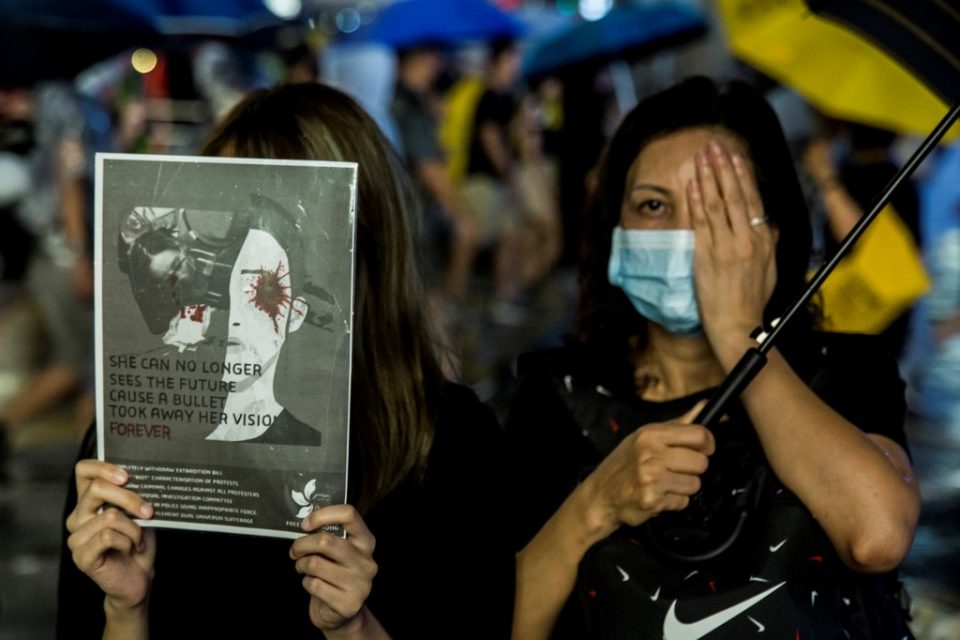
by Glenn CHAPMAN
SAN FRANCISCO, United States (AFP) — Twitter and Facebook said Monday they had uncovered a campaign by China to use the social media platforms against pro-democracy protests in Hong Kong.
“We are disclosing a significant state-backed information operation focused on the situation in Hong Kong, specifically the protest movement and their calls for political change,” Twitter said in an online post.
Facebook said a tip from Twitter led to the removal of pages, groups and accounts originating in China and involved in “coordinated inauthentic behavior” focusing on Hong Kong.
Twitter said it suspended 936 accounts that originated in China.
The California-based micro-messaging service is blocked in mainland China, so many of the accounts accessed it using “virtual private networks” that give a deceptive picture of the user’s location, Twitter said.
“Based on our intensive investigations, we have reliable evidence to support that this is a coordinated state-backed operation,” it said.
“We identified large clusters of accounts behaving in a coordinated manner to amplify messages related to the Hong Kong protests.”
Facebook removed seven pages, three groups and five accounts originating in mainland China deemed to be part of an influence campaign focused on Hong Kong, according to cybersecurity policy head Nathaniel Gleicher.
People running the campaign used “deceptive tactics” including fake accounts to pose as news organizations, spread content and steer people to news sites, Gleicher said.
“They frequently posted about local political news and issues including topics like the ongoing protests in Hong Kong,” Gleicher said.
Distrust and confusion
“Although the people behind this activity attempted to conceal their identities, our investigation found links to individuals associated with the Chinese government.”
About 15,500 accounts followed at least one of the campaign’s Facebook pages, according to the social network.
The protest movement in Hong Kong was sparked by widespread opposition to a plan for allowing extraditions to the Chinese mainland, but has since morphed into a broader push for democratic rights.
During weeks of pro-democracy protests that have involved millions of people in Hong Kong, online rumors and conspiracy theories have sowed confusion and deepened distrust.
From 2011 footage of South Korean soldiers misrepresented as an impending Chinese “invasion” to doctored photographs exaggerating the size of rallies, Hong Kong citizens have been bombarded with conflicting claims from both sides of the political divide.
Videos and images of protests or violent incidents, often selectively edited or doctored to support a particular viewpoint, have circulated quickly on social media platforms, but also private chat groups such as Weibo or WhatsApp.
China’s state-run media is a driving force behind discrediting pro-democracy events, according to lawyer Rachel Lao, who is a member of a pro-democracy legal group.
“The Chinese Communist Party is skilled at creating confusion among the public in China and shaming any such movements,” Lao told AFP.
© Agence France-Presse








